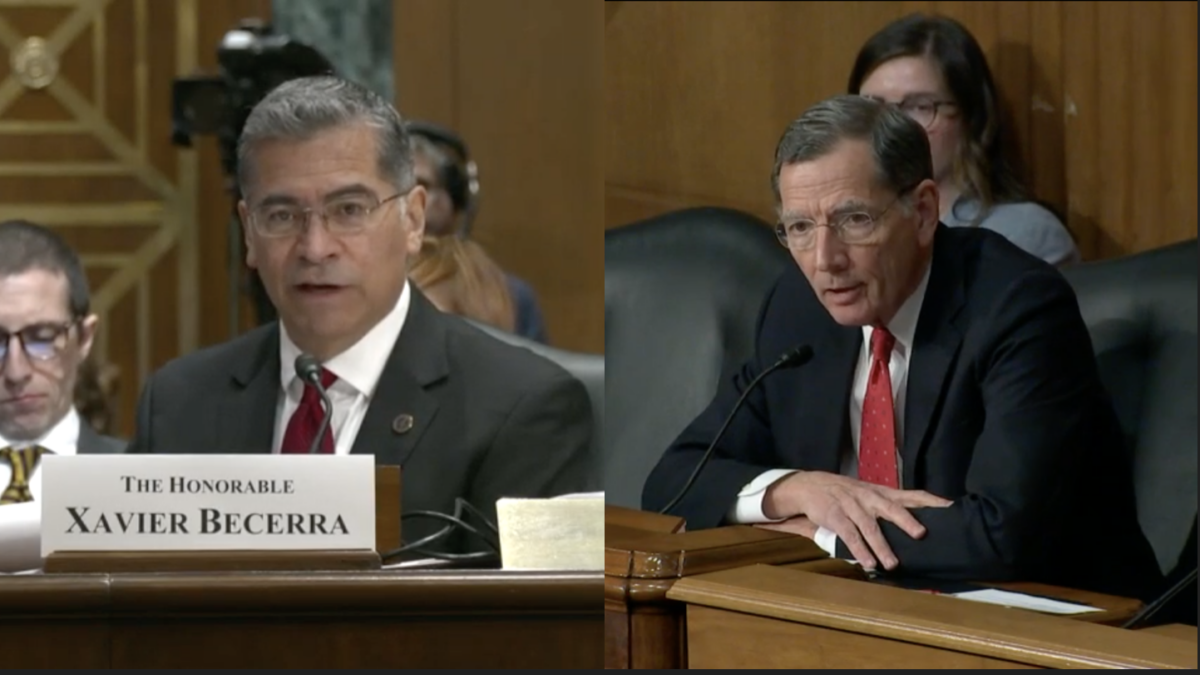
President Obama’s executive action suspending immigration enforcement for millions of illegal aliens prompted spoofs on “Saturday Night Live” and criticisms from leading constitutional scholars who likened the action to King James II’s suspension of laws “by regal authority”—the first conduct repudiated in the English Bill of Rights in Britain’s Glorious Revolution.
A 4-4 split decision in the U.S. Supreme Court on June 23 did not resolve the broader constitutional question underlying the case, United States v. Texas, but it did leave standing a lower court injunction blocking the president’s action and an appellate decision affirming that injunction. Thus, yesterday’s Supreme Court decision is a big loss for the president, and its most practical effect will be to prevent the administration from doing an end-run around Congress on immigration before a new president is inaugurated.
How We Got Here
In November 2014, shortly after fall elections in which the Republicans picked up a net nine seats in the U.S. Senate and 13 in the House, President Obama announced a new policy, the Deferred Action for Parents of Americans and Lawful Permanent Residents program (“DAPA”), under which the administration would defer deportation action and grant work permits to millions of undocumented immigrants.
Twenty-six states challenged the action under the “Take Care” Clause of the Constitution, the Administrative Procedure Act (APA), and immigration laws. In February 2015, U.S. District Judge Andrew Hanen of the District Court for the Southern District of Texas issued a preliminary injunction blocking the administration from going forward with DAPA while the litigation proceeded.
The Obama administration’s appeal, which the Supreme Court granted discretionary review, was not from a final judgment on the legality or constitutionality of DAPA but from the court’s preliminary injunction. Proceedings in the underlying case are ongoing, and there is yet no ruling on the merits. Granting a preliminary injunction is essentially like pressing pause on a DVD player—the DVD, in this case, being DAPA—until the court has ruled.
The Obama Administration Will Most Likely Lose at Trial
Assuming it does not abandon DAPA and proceeds to trial, the Obama administration is unlikely to prevail. Preliminary injunctions are actually pretty hard to get: in addition to various other factors, a plaintiff must demonstrate “a substantial likelihood of success on the merits.” The district court in the case, therefore, has already determined that the Obama administration most likely failed to comply with the APA’s requirements that the administration notify the public of its proposal and allow the public an opportunity to comment on its propriety. The Fifth Circuit Court of Appeals, in affirming the trial judge’s grant of the preliminary injunction, reached the same conclusion—and further determined that the administration’s action was likely not within its legal discretion under immigration laws.
Moreover, as the government’s appeal made its way to the Supreme Court, Judge Hanen has signaled significant displeasure with the administration’s handling of the case to this point. Just last month, he accused the Obama Justice Department of misleading him on the case in a “calculated plan of unethical conduct”—essentially, he accused the government of proceeding with DAPA’s program after promising him it wouldn’t before his ruling—and he ordered hundreds of government lawyers to undergo ethics training. That doesn’t mean the Obama administration can’t still win on the merits in Judge Hanen’s court, but the Obama team’s lawyers look unlikely to get any benefit of the doubt if they proceed to trial.
DAPA Is Dead for Now
Thus, it looks exceedingly unlikely that the Obama administration will be able to implement DAPA before the end of the president’s term. Technically, because the Supreme Court affirmed the Fifth Circuit’s holding by a split 4-4 decision, there is no binding national precedent on lower courts outside the Fifth Circuit—Texas, Louisiana, and Mississippi. Various immigration activists have signaled they hope federal courts in other parts of the country will depart from the Fifth Circuit and force the policy’s implementation.
They are likely to run into significant hurdles. The Obama administration’s legal position rests on the claim that DAPA is a simple exercise of executive discretion—deciding whom to prioritize in deportment proceedings—which will make it difficult for other states friendly to the administration’s position to assert standing to force the federal executive branch to act. In any event, for now, Hanen’s injunction is nationwide in scope—founded upon the Constitution’s requirement that Congress establish a “uniform Rule of Naturalization”—so the administration is bound not to proceed with DAPA for the time being.
The Supreme Court’s split decision in U.S. v. Texas highlights the stakes for the upcoming election. Because DAPA is unlikely to be implemented while President Obama is still in office, and Congress seems unlikely to act before the fall elections, the question of how to deal with illegal aliens will fall to the next administration and Congress.
Of course, a new administration and Congress will have major implications for the composition of the Supreme Court—with the late Justice Scalia’s seat still unfilled. Although we cannot know for sure how the justices aligned in U.S. v. Texas, nor how Judge Merrick Garland would have decided the case had his nomination been confirmed, the outcome in the case seems to vindicate the GOP Senate’s decision not to confirm the president’s nominee at this time. Of course, all that could change after November.









